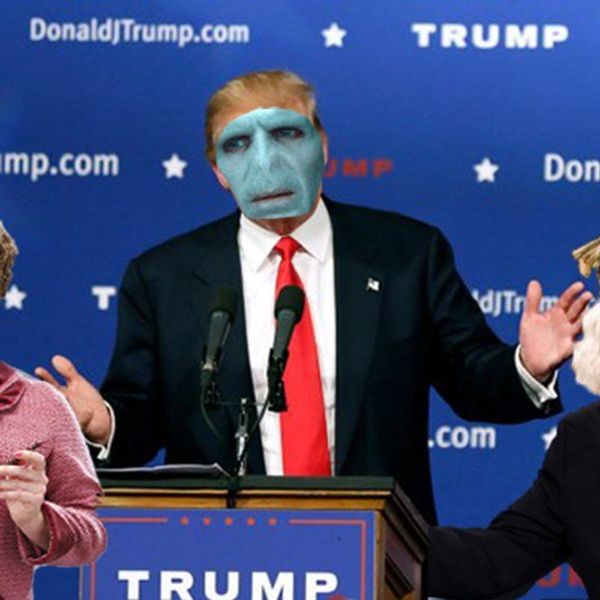We're back in East Pakistan, transported from our modern-day lives to the late 1940s again. Bengalis are being oppressed by the Western Pakistani government--politically, culturally, and linguistically. The Bengali Language Movement had begun, and Bengalis were actively protesting and fighting for their rights.
After the events of 1952, the political tensions rose even more. The United Front, which was a coalition that wanted to secure greater autonomy for Bangladesh, protested to the Muslim League's parliament--initially to no avail. In fact, several members of the United Front were arrested. This led to more unrest, and the Muslim League finally agreed to propose giving Bangla recognition as an official language. This proposal was met by much criticism from other factions of the government, as well as protests from other minority groups who wanted official recognition for their languages as well.
The Muslim League proposed this in 1954, but it wasn't until 1956 that constitutional reform happened and Bangla became the second national language of Pakistan. The victory was short lived, though; soon after, many governmental military groups made attempts to reestablish Urdu as the only national language.
Even though Bangla was, on paper, an official language, it was not so much in practice. Bengalis still faced discrimination for speaking their language, and the poems of a Bengali poet, Rabindranath Tagore, were still forbidden in schools for a long time.
This furthered tensions, and in 1971, Bengalis could take the oppression no longer. The Bengalis have always been a historically peaceful group of people; while other nations conquered and fought, Bengalis richended their culture--music, language, art, folklore. Bengalis are incredibly proud of their heritage and culture, and the outright discrimination against their values became unacceptable.
The continuous harassment and poor treatment of Bengalis under Pakistani rule had finally hit the breaking point. For nine months in 1971, the Bangladesh Liberation War raged on. All of the suppressed dislike for one another came out, and Pakistan committed what some would consider to be genocide.
There is a long list of 1971 massacres of Bengalis by Pakistanis, including (not definitely not limited to) the Dhaka University Massacre, the Shankaripara Massacre, the Shankharibazar Massacre, the Ramna Massacre at the Ramna Kali Temple, the Sutrapur Massacre, and the Jinjira Massacre--not to mention, the systematic killing of Bengali intellectuals. There are estimated to be around 300,000 to 3,000,000 Bengali deaths throughout the course of the war, depending on the source asked.
Of course, other factors besides language contributed to the onset of the war--including religious differences despite a common overarching religion, culture, and political power. However, the main thing to unite Bengalis against their oppressors was the Bengali language of Bangla. Without the outright oppression of Bangla, it would be hard to establish a base from which to launch the revolution. The language, so intertwined with all the atrocities Bengalis faced, led to the war and the Declaration of Independence in 1971.
Finally on December 16, 1971, West Pakistan surrendered to the Bengalis, and Bangladesh became an independent country. It is because of the hardships they faced, the pride they have in their language, and their persistence for rights that this sociolinguistic phenomenon occurred. Wars are fought for all sorts of reasons, but the right to speak a language is hardly ever the driving force behind the fighting.
And thus concludes our section on the Bengali Language Movement. Next week, there will be a new topic in store!



















